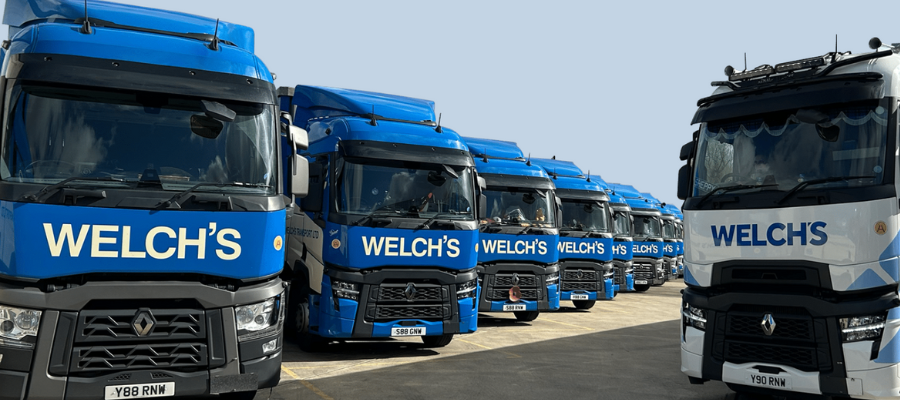🕒 Article read time: 3 minutes
Project Jolt - Are 44t electric trucks viable?

The consortium of 15 fleet operators is working with other industry experts to understand how a major greenhouse gas contributor – the diesel lorry – can be replaced in the future.
Project Jolt launched on 26 March and seeks to establish whether electric road freight transport, and in particular 44t, electric trucks (eHGVs), can become commercially viable.
The fleet operators are joined by four truck manufacturers, several technology providers and two universities. The collaborative research exercise is answering the question “how can the move to net zero be derisked”.
The consortium is led by Professor David Cebon of the Centre for Sustainable Road Freight. Fleet operators include Nestle, Welch Group, John Lewis Partnership, William Jackson Food Group, Howard Tenens and Knowles Logistics.
Professor Cebon explains: “We are sharing trucks and chargers on a three month basis and testing a range of logistics operations. We are pooling the anonymised data to develop new sustainable models of working. By sharing the data in this way, we maximise the learning. By sharing the resources, we minimise the costs for everyone involved.”

The data miners are extracting their “precious metal” from consortium members who are using the leased trucks and chargers. A second source of data comes from eHGVs, that are owned by some of the fleet operators.
For some journeys, there is no issue as eHGVs can be substituted for their diesel equivalents. The immediate problems are ones of energy supply and the cost of the vehicle.
eHGVs experience viability difficulties on longer journies around payload, range, charging time and again, electricity supply. These have the potential to impose a financial impact on the operations or to derail the energy transition altogether.
Logistics UK's Deputy Director - Policy, Michelle Gardner, said: "Project Jolt is a welcome initiative and is showing how such collaboration and partnership across the industry can make a real difference to understanding how battery electric trucks could be adopted by logistics operators.
“We know HGVs in the heaviest weight categories and some use cases present particular challenges to decarbonise so gathering data and sharing best practice will help operators looking at future technology options.”
Justin Laney of John Lewis Partnership added: “The collaborative approach is allowing us to leverage our combined knowledge to create a rounded view of this exciting new technology."
Project Jolt gathers multiple data on a spectrum of journeys and uses sophisticated modelling methods to forecast this impact and the steps rnecessary to reduce it. It is also looking at battery health and degradation. With the battery being a large weight and financial component of the truck, its performance will affect the residual value, so a secondary market will be needed for fleet operators to have added confidence to invest in eHGVs.
By modelling the industry using data gathered from consortium members, Project Jolt will be able to predict the impact of better batteries, faster warehouse charging, lower capital costs of trucks, improved driving techniques and potential legislation changes. The culmination of all of these is to establish whether eHGVs can deliver net zero cost increase in addition to net zero carbon.
Published On: 14/04/2025 12:32:51
